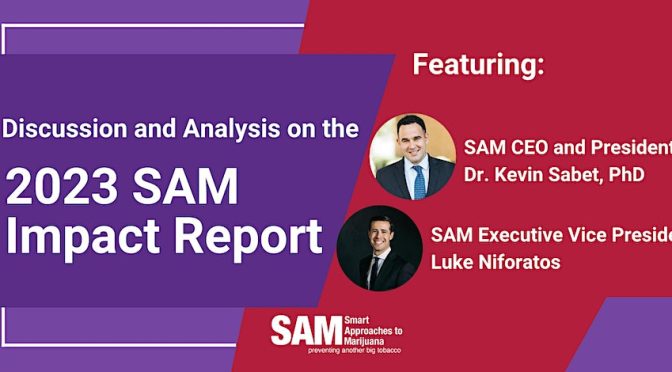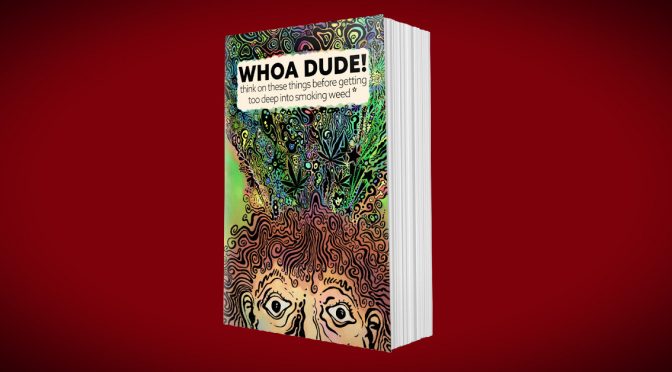By Lauren Davis, published in the Edmonds Beacon, February 18, 2021
In 2012, Washington voters approved Initiative 502, legalizing cannabis. Back then, the black market was dominated by dried cannabis flower, with a potency of approximately 10%.
Dried cannabis flower is biologically limited to about 30% potency, and I-502 capped the potency of edibles at 10%.
But in an oversight of extraordinary proportions, there was no potency limit established for cannabis concentrates like THC-infused vape oils, shatter, and dab wax. Enter science, industry, business investors, and profit motivation and, today, concentrates with 99 percent potency are readily available at cannabis retailers.
According to researchers, these concentrates are “as close to the cannabis plant as strawberries are to Frosted Strawberry Pop-Tarts.” Cannabis concentrate sales have soared from 14% of the market share in 2015 to 37% in 2019.
I have devoted my professional and legislative career to mental health and substance use prevention, treatment, and recovery.
Spurred by reports of youth with cannabis-induced psychosis filling emergency departments and psychiatric wards and high school students having psychotic episodes after dabbing (inhaling), I began to delve into the research on cannabis and psychosis.
The literature is both definitive and damning. Washington’s leading cannabis experts at the University of Washington and Washington State University recently released a consensus statement summarizing the science:
“High potency cannabis use can have lifelong mental health consequences, which often manifest in adolescence or early adulthood. Daily cannabis use, particularly of high potency products, increases the risk of developing a psychotic disorder, like schizophrenia, and is related to an earlier onset of symptoms compared to people who do not use cannabis.”
During the 2020 legislative session, I introduced a bill to cap the potency of cannabis concentrates at 10%. This figure matched the limit for edibles and was a starting point for negotiation. The bill included an exemption for patients using high potency concentrates for medical purposes.
I had numerous meetings with cannabis industry representatives, and no one was aware of the psychosis link. Though they disagreed with my proposed solution, industry leaders were emphatic in their commitment to coming to the table as thoughtful partners to address this issue.
So, you can imagine my surprise when, instead of proposing more palatable policy solutions as promised, cannabis industry representatives testified before the House Commerce & Gaming committee that the research implicating cannabis in psychotic disorders is unfounded.
Borrowing from the well-worn playbooks of their forefathers, big tobacco and opioid manufacturers, cannabis business leaders attempted to poke holes in the science and offer alternative explanations.
In 1957, tobacco industry director Clarence Cook Little wrote: “No one has established that cigarette smoke, or any one of its known constituents, is cancer-causing to man.”
Sixty-three years later, cannabis industry leaders testified to our legislature that “cannabis use [is] not independently associated with psychosis.”
Modeling after Purdue Pharma, the opioid maker that wrote that addiction “is not caused by drugs … it is triggered in a susceptible individual by exposure to drugs,” the cannabis industry tried to offer a counter theory – that it is people who have a genetic predisposition for psychotic disorders who are developing them and then using cannabis to self-medicate.
That theory has been debunked by studies that account for family history and still show a significant increase in psychotic disorders from cannabis use.
I never anticipated the cannabis industry would enthusiastically agree to a low potency limit. I only expected them to make good on their word – to show up as earnest partners in addressing their product’s role in one of the largest emerging health crises of our time.
When the industry’s opening move is to spit on the consensus of the scientific community in the spirit of climate deniers, it’s difficult not to question the sincerity of their espoused commitment to public health.
I’ve introduced House Bill 1463, which caps the potency of cannabis concentrates at 30% and raises the age of purchase for concentrates from 21 to 25. Washington’s cannabis industry now has a second chance to act with integrity and come to the table as problem solvers.
It is only the fate of our children with which we are gambling.
Rep. Lauren Davis (D-Shoreline) serves northern King County and a portion of Edmonds in the 32nd Legislative District. She was the founding executive director of the Washington Recovery Alliance and taught UW’s graduate mental health policy course.



